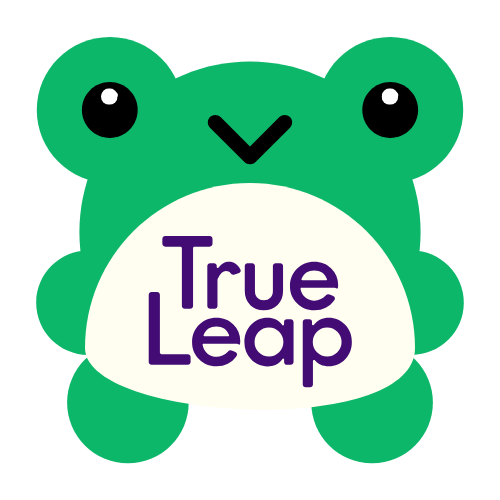The Montessori Method: A Timeless Approach to Education
The Montessori Method is more than just an educational philosophy—it’s a holistic approach to nurturing the child’s natural desire to learn. Developed over a century ago by Italian physician and educator Maria Montessori, this method has stood the test of time and continues to inspire educators and parents around the world.
🌱 Foundations of the Montessori Method At the heart of Montessori education is the belief that children are naturally curious and capable of initiating learning in a supportive, thoughtfully prepared environment. Montessori classrooms are designed to promote independence, hands-on learning, and respect for a child’s psychological development.
Key principles include:
Child-Centered Learning: Children choose their activities from a range of options prepared by the teacher (called a guide), allowing them to follow their interests and learn at their own pace.
Prepared Environment: The classroom is organized with carefully chosen materials that are accessible, orderly, and aesthetically pleasing, encouraging exploration and concentration.
Mixed-Age Classrooms: Typically spanning three years, these groupings encourage mentorship, collaboration, and a strong sense of community.
Self-Directed Activity: Children are given the freedom—with boundaries—to pursue their interests, which fosters intrinsic motivation and confidence.
🔧 The Role of the Montessori Teacher Rather than acting as a traditional instructor, the Montessori teacher observes, guides, and facilitates. Their goal is not to control but to connect the child with materials that suit their developmental stage and spark their curiosity.
🎓Montessori Materials: Learning by Doing Montessori classrooms are filled with unique, hands-on materials designed to isolate specific concepts. Whether it’s counting beads for math, movable alphabets for language, or sensorial tools to refine the senses, these materials encourage active learning and discovery.
🌍 Benefits Beyond the Classroom Research and anecdotal evidence suggest that Montessori-educated children often show:
Greater independence and self-regulation
Strong social and collaborative skills
A lasting love for learning
Enhanced academic outcomes in some areas
Furthermore, the Montessori approach emphasizes global citizenship, peace education, and care for the environment, making it a deeply values-driven model.
Why It’s Still Relevant Today
In a world of constant change, the Montessori Method’s respect for individuality, focus on real-world skills, and commitment to lifelong learning make it incredibly relevant. Its emphasis on mindfulness, empathy, and hands-on engagement aligns perfectly with today’s need for emotionally intelligent, adaptable thinkers.

